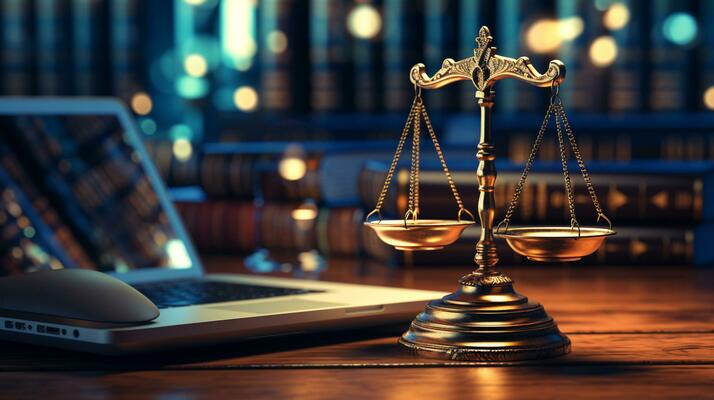The Role of Forensic Evidence in Criminal Defense Cases in Nashville

Forensic evidence plays a crucial role in criminal defense cases, providing scientific analysis that can either support or challenge the prosecution’s case. In Nashville, as elsewhere, forensic evidence can significantly impact the outcome of criminal trials. Understanding how forensic evidence is used and its potential implications is essential for anyone involved in a criminal defense. Here’s a detailed look at the role of forensic evidence in criminal cases and its importance in defense strategies.
What is Forensic Evidence?
Forensic evidence refers to scientific information gathered and analyzed to assist in solving crimes. This type of evidence can include:
- DNA Analysis: Examining biological samples (such as blood, hair, or saliva) to match genetic profiles with suspects or victims.
- Fingerprint Analysis: Identifying and comparing fingerprints found at crime scenes to those of potential suspects.
- Ballistics: Analyzing firearms, bullets, and shell casings to determine the type of weapon used and link it to the crime.
- Toxicology: Testing biological samples (like blood or urine) to detect the presence of drugs or alcohol.
- Digital Forensics: Investigating electronic devices, such as computers and smartphones, to recover and analyze data related to criminal activities.
How Forensic Evidence Affects Criminal Defense
- Establishing Innocence: Forensic evidence can provide concrete proof that a defendant was not involved in the crime. For example, DNA evidence showing that a suspect’s genetic profile does not match evidence from the crime scene can establish their innocence.
- Challenging Prosecution’s Evidence: A defense team can use forensic analysis to challenge the reliability or interpretation of evidence presented by the prosecution. This may involve questioning the accuracy of forensic methods or the handling of evidence.
- Providing Alternative Explanations: Forensic evidence can offer alternative explanations for the crime. For instance, evidence showing that a suspect was not at the scene or that another individual’s fingerprints were present can suggest other possible culprits.
- Supporting Defense Theories: Forensic evidence can support various defense theories. If a defendant claims self-defense, ballistics evidence can demonstrate the nature and trajectory of the weapon used, supporting their account of the incident.
Challenges with Forensic Evidence
- Complexity of Evidence: Forensic evidence can be complex and require specialized knowledge to interpret. Misunderstandings or misinterpretations of forensic data can lead to incorrect conclusions.
- Potential for Error: Forensic methods, while scientifically advanced, are not infallible. Errors in analysis, contamination of evidence, or mishandling can affect the reliability of results.
- Cost of Expertise: Accessing expert forensic analysis and testimony can be costly. Defense teams must often secure funding for independent forensic experts to counter the prosecution’s evidence effectively.
The Role of the Defense Attorney
- Reviewing Evidence: A criminal defense attorney will thoroughly review all forensic evidence presented in the case. This involves assessing the methods used, the qualifications of the experts, and the accuracy of the results.
- Consulting Experts: The defense may work with forensic experts to analyze evidence independently. These experts can provide alternative interpretations or identify potential issues with the prosecution’s evidence.
- Cross-Examination: During trial, a defense attorney will cross-examine forensic experts from the prosecution to challenge their findings and highlight any inconsistencies or errors in their testimony.
- Developing Strategy: The attorney will use forensic evidence to develop a defense strategy that addresses the prosecution’s claims and supports the defendant’s case.
Conclusion
Forensic evidence can have a profound impact on criminal defense cases in Nashville, offering crucial insights into the evidence presented and potentially supporting a defendant’s claims of innocence or challenging the prosecution’s case. If you are facing criminal charges, consulting with a skilled criminal defense attorney is essential. They can help navigate the complexities of forensic evidence, work with experts, and develop a strong defense strategy to achieve the best possible outcome for your case. For expert legal assistance, contact a reputable criminal defense attorney who can guide you through the process.
